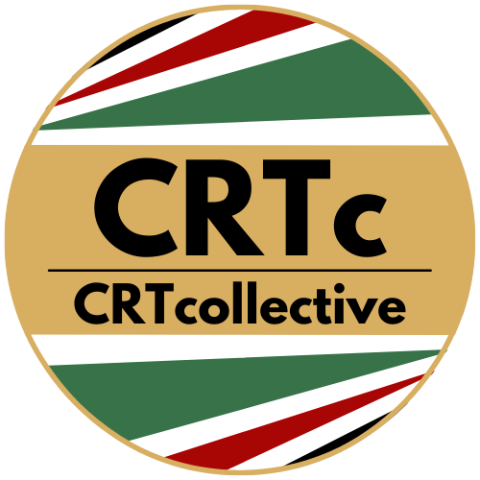School of Information Studies
Demand is increasing for people with skills to handle information in many settings—professionals who can access and interpret a wealth of internal and external information rapidly and effectively for organizations in the public and private sectors.
Our Programs
Chicago’s iSchool offers options for becoming an information professional in a variety of situations and organizations as well as an array of opportunities for professionals looking to expand their knowledge and advance their careers.
- Master of Library and Information Science our premier ALA–accredited program
- Master of Science in Information Management
- Master of Arts in Youth Literature
- Master of Professional Studies
- Doctor of Philosophy
- Certificate programs
Learn more about our academic policies and expectations for student conduct.
For more than 80 years we’ve been there. Inspiring learners. Producing leaders. Shaping the world of library and information science so that individuals and families everywhere get the most out of their library experience. At the School of Information Studies, ours is a higher standard. A standard founded on rigorous programming, exceptional and personalized instruction, and a deep understanding and appreciation for the needs of working professionals when it comes to graduate education.
SOIS Learning Goals and Outcomes (pdf opens in a new window)
Our History
Dominican’s School of Information Studies (Chicago’s only iSchool) has long been a presence on Chicago’s higher education landscape, first offering library science programs in the 1930s. We began with an undergraduate library science degree in 1930 and introduced the master’s in library science in 1949. Our school works to stay ahead of trends, expanding its library science graduate programs to encompass the modern breadth of library and information science. In addition to the MLIS, Dominican offers a Master of Science in Information Management (MSIM), a Master of Professional Studies (MPS) degree for MLIS holders working in the field, a PhD in Library and Information Science, and a variety of professional certificates in in-demand specializations, as well as an undergraduate major and a minor in informatics (BSI).
But even with all the changes we’ve seen since the 1930s our values and mission remain the same—to educate true innovators and library leaders who can have a positive impact on their library or institution every day.
Our Vision
The School of Information Studies echoes the University vision to be an innovative leader in empowering graduates from diverse backgrounds to meet the challenges of an increasingly interdependent world.
Our Mission
The School of Information Studies, through its various degree programs and certificates, empowers students to become professionals who connect individuals and communities to the world of information and learning with reason, compassion, and a commitment to service and radical inclusion.
Our Faculty
Our faculty come from across the country and around the world, bringing with them a wealth of real-world experience and visionary approaches to advancing the field. They are passionate educators who thrive in Dominican’s setting, where personal attention and individualized mentorship are the primary focus.
Our Legacy
In libraries, museums, schools, research labs, Fortune 500 companies and many other professional settings across the country, you’ll find Dominican SOIS graduates achieving great things. Their knowledge, their talents and their leadership impact countless lives every day.
Commitment to Anti-Racism
The School of Information Studies is committed to anti-racism and that includes supporting research and conversations that disrupt structures in higher education that normalize and facilitate oppression, that enable and activate equity-minded practice, and that helps us all develop in our critical consciousness around social justice.

The School of Information Studies is proud to sponsor the CRTcollective, whose vision is to provide an inclusive outlook on critical race theory with roots in historical representation and ethical considerations to engage and encourage continuous dialogue and scholarship while building a collaborative movement of intellectual advocates and activists addressing injustice.